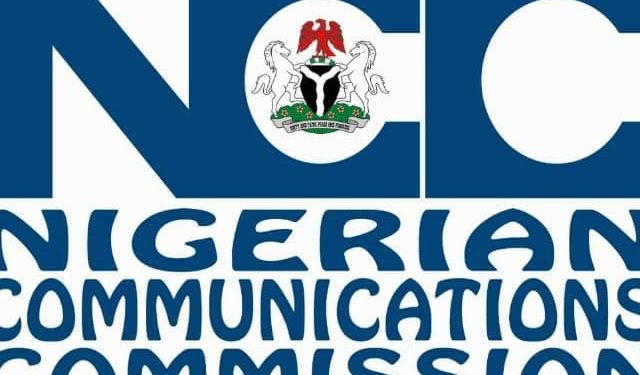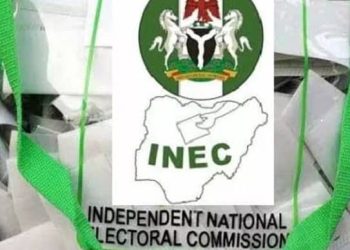By Nkechi Eze
The Nigerian Communications Commission (NCC) has announced that all unregistered Subscriber Identity Modules (SIMs) have been completely removed from the country’s telecommunications network, marking a major milestone in efforts to strengthen national security and safeguard cyberspace.
Executive Vice Chairman of the Commission, Dr. Aminu Maida, disclosed this at a media briefing in Abuja on Monday. He explained that while no unregistered SIM currently operates on any of Nigeria’s mobile networks, there remain instances where individuals use names other than their own at the point of registration to mask their identities.
“No unregistered SIM is operating on the network as of today, but there may be people using names they did not register with, apparently to mask their identities,” Maida said. “We cannot control the names attached to each SIM, as they reflect what the owners used at the time of registration with their respective operators. However, it is important to note that using false identities to make or receive calls in Nigeria remains an offence.”
The NCC boss reiterated the Commission’s commitment to ensuring stability in the telecommunications sector, stressing that subscribers would henceforth be able to choose service providers based on network quality and tariff competitiveness. To this end, he announced that the Commission would, in September, unveil a public coverage and tariff map that will show which operators provide the best services across different locations.
Dr. Maida also emphasized the urgent need for fresh capital inflows into the sector, highlighting ongoing reforms to corporate governance standards. He revealed that the Commission had revised corporate governance guidelines to improve transparency, accountability, and investor confidence.
“The need for good corporate governance guidelines requires that operators in the industry must provide audited reports to boost investors’ confidence and earn the trust and confidence of their customers,” he stated.
On the recent tariff adjustment approved by the NCC, Maida explained that the decision was long overdue, noting that the industry had operated for more than a decade without a cost-reflective framework. He insisted that the Commission struck a balance between protecting operators’ sustainability and shielding consumers from excessive charges.
Looking ahead, he pledged to work with state governors to curb the persistent vandalism of telecoms infrastructure and address the burden of multiple taxation, which continues to stifle growth in the sector. According to him, improved protection of critical facilities and fairer tax regimes will translate into better service delivery, enhanced investor confidence, and stronger national security.
The NCC’s announcement marks another crucial step in Nigeria’s ongoing efforts to secure its digital environment and ensure that the country’s telecommunications industry remains both competitive and reliable.
















